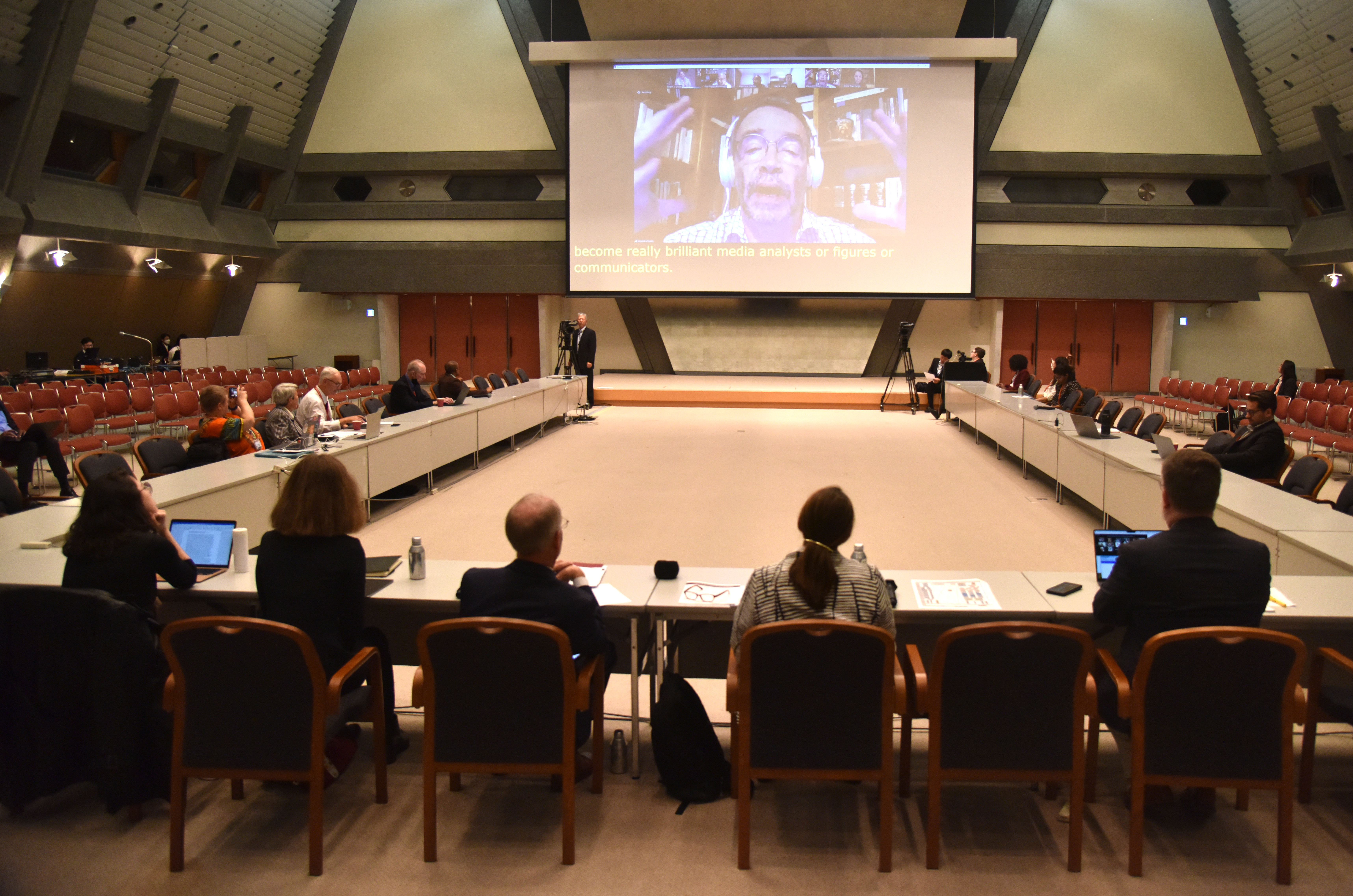Elon University leaders have released a statement of principles for higher education institutions in preparation for the impact of artificial intelligence (AI). Co-authored by President Connie Ledoux Book, Lee Rainie, and Divina Frau-Meigs, the statement emphasizes the need for AI literacy and the commitment to serving societal interests. The six principles outlined in the statement include: prioritizing people over technology, promoting digital inclusion, integrating digital and information literacy into education, using AI tools to enhance teaching and learning, embracing lifelong learning about technologies, and ensuring responsible AI research and development. The authors stress the importance of involving the higher education community in the development of AI governance mechanisms. Rainie, Elon’s scholar-in-residence, explains that AI brings technologies that surpass human cognitive capacities, making the principles essential for maintaining human rights and dignity. Rainie will also conduct research on global experts’ and the public’s views on the benefits and harms of AI. The introduction of generative AI tools and AI integration on various platforms has sparked discussions on its long-term impact, causing panic among the public. The authors aim to promote media and information literacy as a prerequisite to AI literacy. Leaders from different disciplines join the statement authors to explore higher education’s role in AI governance and development. The ongoing development of AI has led to brain drain in university research centers, making it crucial for higher education to actively participate in AI development and governance. In Nigeria, there is a push to view AI as applicable across all fields, emphasizing the importance of inclusivity. The session at the United Nations Internet Governance Forum served as a platform for scholars to discuss AI’s impact on higher education and the need for proactive engagement in AI governance. The cost of doing nothing regarding AI is high, making it imperative for higher education to take action. As a call to action, the authors and participants of the session urge higher education institutions to embrace AI and work towards building a future that benefits all. What do you think about the principles outlined in the statement? How do you believe higher education institutions can actively contribute to AI development and governance? Share your thoughts and join the conversation!
IntelliPrompt curated this article: Read the full story at the original source by clicking here a fun game: sprunki horror

